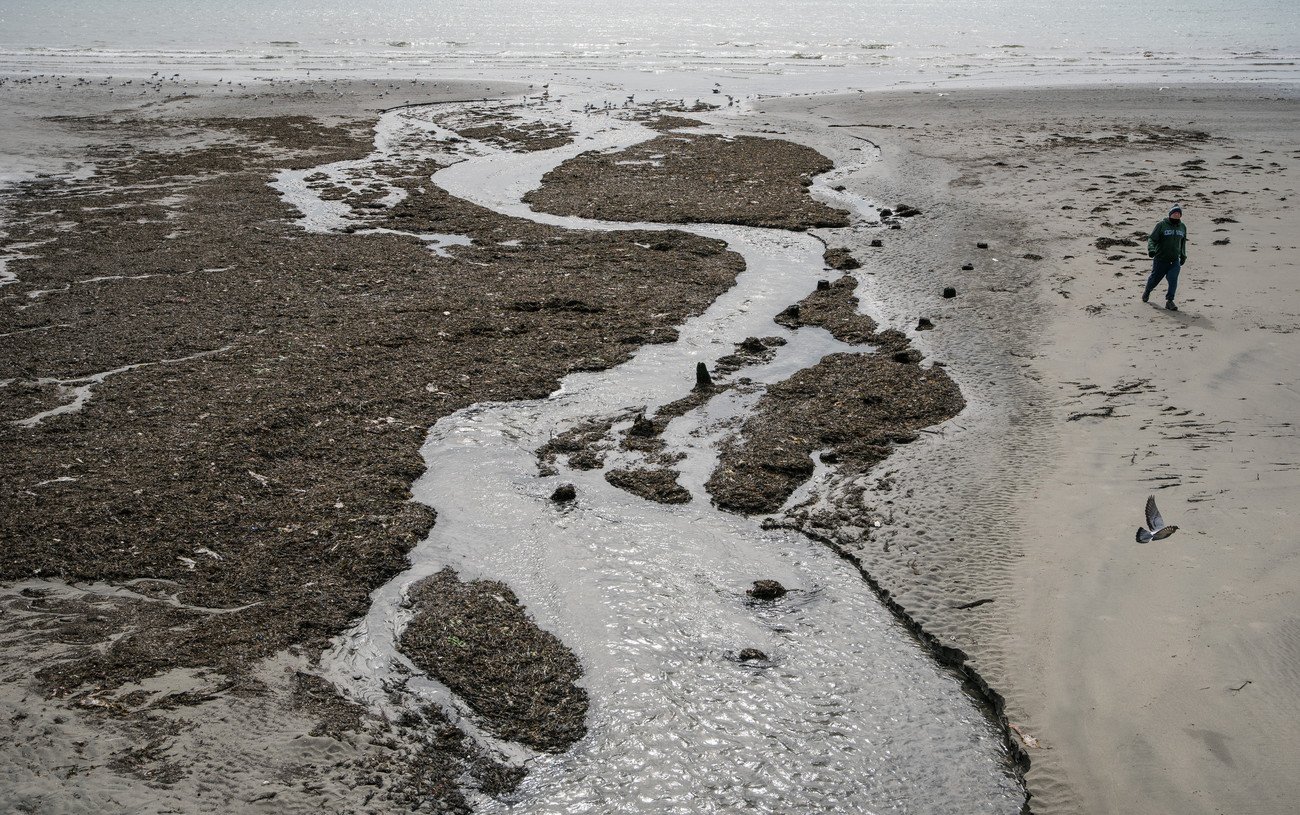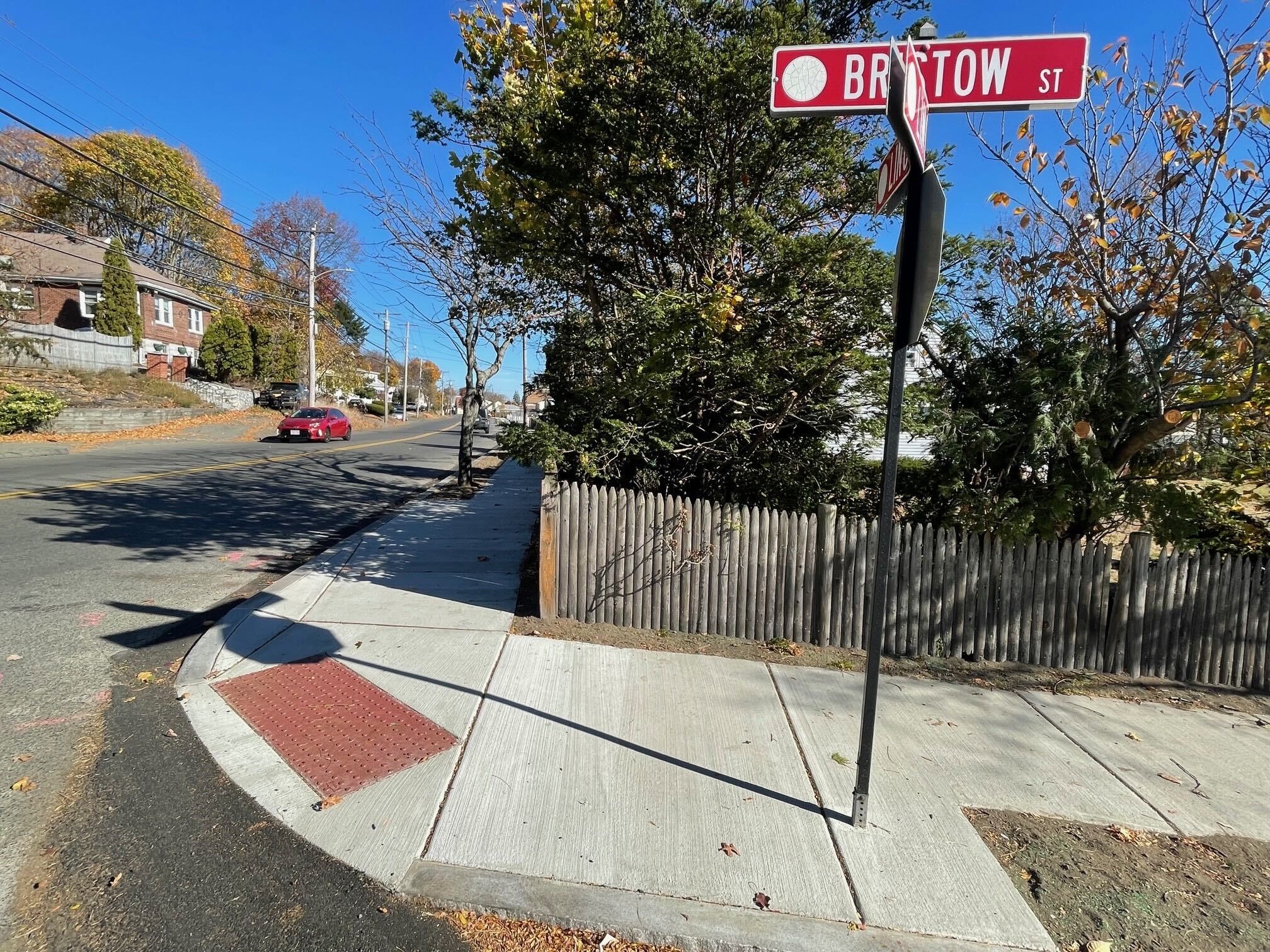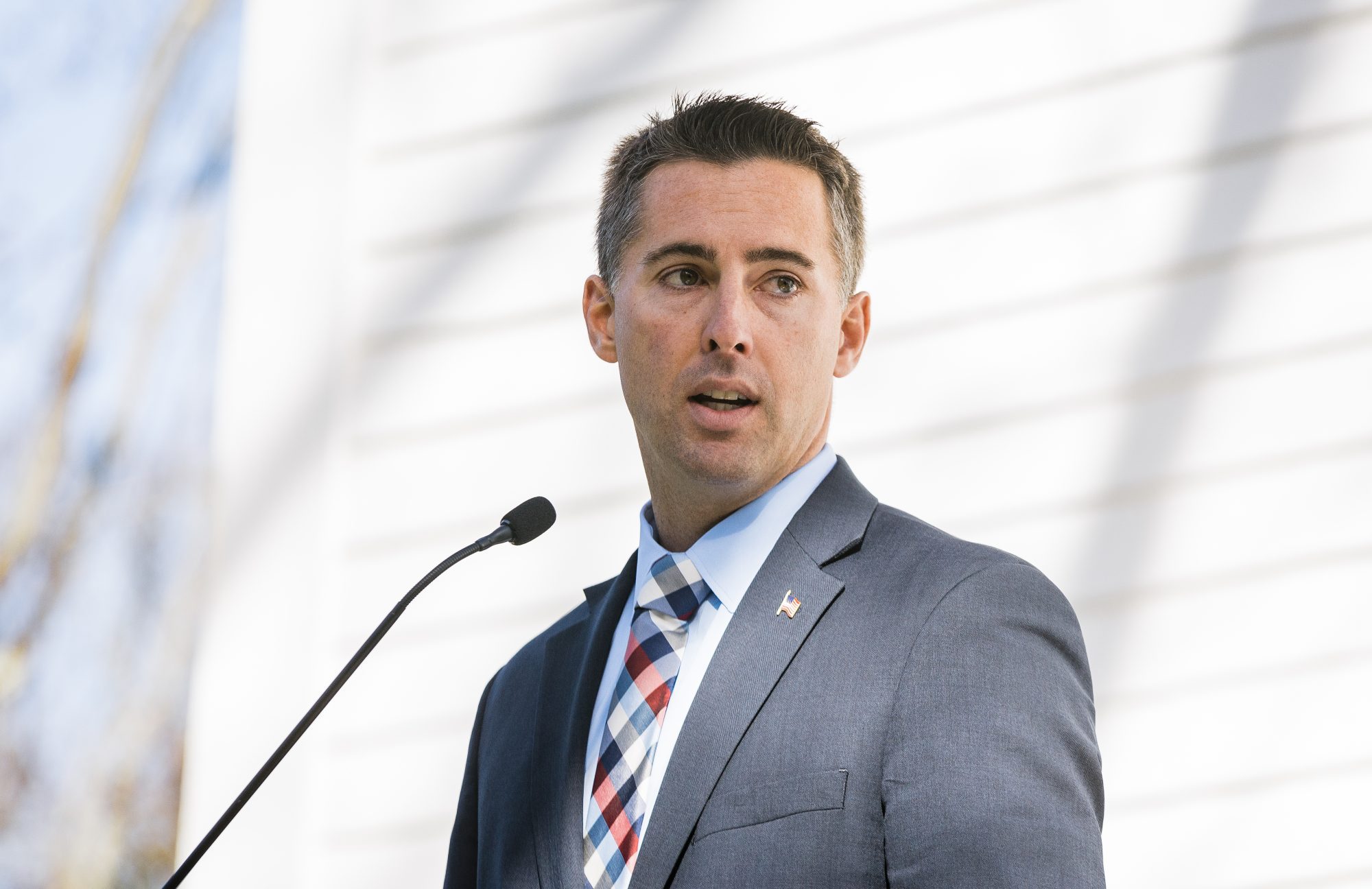

SWAMPSCOTT — After the Select Board was unable to reach an agreement on how to spend the $2.5 million in American Rescue Plan Act funding earmarked for King’s Beach on Wednesday night, the board plans to revisit the topic on Monday.
The town is currently sitting on roughly $4.6 million in ARPA funding, $2.5 million of which has been earmarked for pollution mitigation at King’s Beach.
Select Board member MaryEllen Fletcher opened Wednesday’s discussion on ARPA spending by presenting an overview of the pollution issue at King’s Beach. Fletcher noted that the town is currently not in compliance with a 2015 Environmental Protection Agency consent decree mandating that Swampscott make the necessary infrastructure improvements to tackle the pollution at its source.
Fletcher argued that the town should spend the entirety of its $2.5 million beach-earmarked funds toward its efforts at source elimination, or re-sleeving and replacing the town’s aged sewer pipes that leak sewage into its stormwater outfall. She also argued that the remaining $2 million should be put toward similar pollution-mitigation efforts at Fisherman’s Beach, which also faces pollution problems.
“We received the letter from the United States EPA urging faster source elimination. This is a quote: ‘More aggressive action by the town to eliminate sources of untreated sanitary sewage is critical.’ We have a legal obligation to stop the sewer flow through source elimination,” Fletcher said.
Fletcher also noted that while the town consistently funded source-elimination efforts from 2016 until 2020, allocating roughly $2 million every other year, no funding has been allocated toward source elimination since 2020.
Following Fletcher’s presentation, Select Board member Peter Spellios added that while he understands the need for investment into the source-elimination process, he believes the money should come from long-term bonds, rather than the one-time ARPA funds.
“I just want to make sure that we’re just not myopic in saying ‘Hey, there’s a lot of noise about a problem that’s been going on for 100 years right now. We’re just going to throw everything we have at that noise,’ because it is more complicated than that,” Spellios said. “Bonds are a way to be able to say ‘We’re going to spread this burden over multiple years, 20 or 30 years.’ It more efficiently and equitably allocates the financial responsibility, as opposed to taking a check today of cash and putting it all towards one of these beaches that MaryEllen looks out the window at.”
Vice Chair Katie Phelan proposed that some of the $2.5 million be used to fund a peer-review process to involve new experts who might be able to find cheaper or faster routes to source elimination.
After further discussion, Select Board member Doug Thompson motioned for a compromise — spending roughly $1.7 million to continue the sewage-infrastructure-repair project, $400,000 to be allocated toward Phase II source-elimination planning, and an additional $400,000 for the town’s engineering consultant, Kleinfelder, to explore new strategies that are complementary to the town’s current source-elimination efforts.
After further discussion on the motion, Thompson clarified that the town already owes Kleinfelder $187,000 in unapproved spending for the company’s alternatives report, which would be included in the $400,000 for complementary source-elimination efforts. Thompson added that the remaining portion of the $400,000 would authorize Town Administrator Sean Fitzgerald to seek other consultants to explore new alternatives.
“$187,000 is to pay for spending that was never properly approved. Never asked our opinion, just committed to. Then, you have $200,000 that you’re saying you’re going to use for peer review and other consultants or alternatives. $200,000, it doesn’t seem like that’s a lot of money,” Fletcher said.
While Thompson and Select Board Chair David Grishman ultimately voted in favor of the spending, Phelan, Fletcher, and Spellios voted against it. Fletcher said that of the $2.5 million, not enough was allocated toward source-elimination infrastructure.
Additionally, when Phelan suggested that the funding might not be enough to support a peer-review project, Thompson indirectly suggested that he was planning future motions to allocate some of the town’s remaining $2.1 million in ARPA funding for the beaches.
“This is the beginning — there’s three motions that I have in mind. But on the $2.5 million, yes, that is correct,” Thompson said.
This caused Spellios, who seconded the motion, to vote “no.”
The board will continue to discuss ARPA spending in relation to King’s Beach at its next meeting, which will be held at 5:30 p.m. Monday.
24World Media does not take any responsibility of the information you see on this page. The content this page contains is from independent third-party content provider. If you have any concerns regarding the content, please free to write us here: contact@24worldmedia.com

Lynnfield comes up empty–handed in semifinals

Police Logs 11/19/24 – Itemlive

Saugus prioritizes sidewalk repairs in ’24

Two new Lynn police officers sworn in

LTTE: Lynn council weighs tenant protections

LTTE: Agreeing with Moulton on fairness in sports

Lynn firefighters graduate from academy

Editorial: Trump’s deportation plans need compassion and humanity

Thomas E. Fox Sr. – The Suffolk Times

Sweeping economic development bill passes Massachusetts Legislature

Richard Harris Baker – The Suffolk Times

Thomas E. Fox Sr. – The Suffolk Times